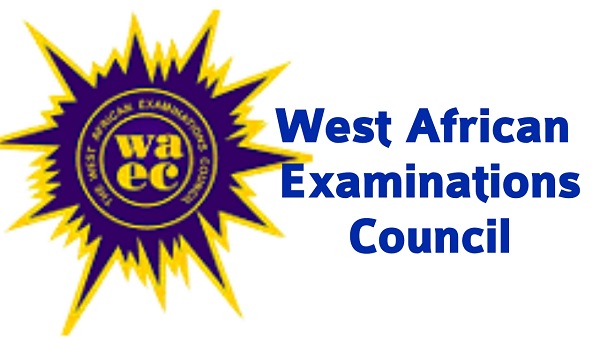On Tuesday, February 13, 2024, evening, the West African Examinations Council’s (WAEC) Nigeria office revealed the results of the West African Senior School Certificate Examination (WASSCE) for Private Candidates 2023-Second Series.
In a statement signed and released by the Acting Head, Public Affairs, WAEC Nigeria, Moyosola Adesina, 46,267 out of the 80,904 candidates that sat for the examination, scored a minimum of five credits. This translates to 57.19% candidates obtained credit and above in a minimum of five subjects (with or without English Language and/or Mathematics).
35,830 candidates representing 44.29% obtained credit and above in a minimum of five subjects, including English Language and Mathematics.
The regional examination body management urged candidates to check their results by visiting www.waecdirect.org and ascertain their status before visiting the Digital Certificate platform (www.waec.org) to access the digital copies of their certificates, which have been released along with their results.
Candidates may also be required to apply for the printing of the hard copies of their certificates online, through the WAEC Certificate Request Portal (e-Certman).
The statement read: “The examination was conducted in Nigeria between Friday, October 27, 2023 and Wednesday, December 20, 2023. The Coordination of Examiners and Marking of Candidates’ Scripts were carried out at SEVEN (7) Marking Venues in Lagos, Ibadan, Akure, Benin, Enugu, Uyo, and Kaduna from Tuesday, January 16, to Tuesday, January 30, 2024. A total of 4,162 examiners participated in the coordination and marking Exercise.
“85,600 candidates, representing 10.07% increase, when compared with the 2022 entry figure of 77,768) entered for the examination, while 80,904 candidates sat the examination at 568 centres spread across the nooks and crannies of the country.
“Amongst the candidates that sat the examination, (211) candidates, with varying degrees of special needs, were registered for the examination.
“Out of this number, 33 were visually challenged, 21 had impaired hearing and 30 were Albinos. All these candidates with special needs were adequately provided for in the administration of the examination.”
(Leadership)
Related posts
Categories
- Advertisements (1)
- Agriculture (45)
- Breaking News (26)
- Business (597)
- Crime (983)
- Education (318)
- Entertainment (128)
- Features (13)
- For The Records (43)
- Foreign News (1,185)
- Health (219)
- Home News (332)
- Interview (9)
- Judiciary (348)
- Lifestyle (140)
- Local News (111)
- National News (1,446)
- Opinion (26)
- Politics (1,001)
- Religion (156)
- Science and Technology (125)
- Security (677)
- Sports (877)
- States' News (812)
- Transportation (326)
- Uncategorized (10)

